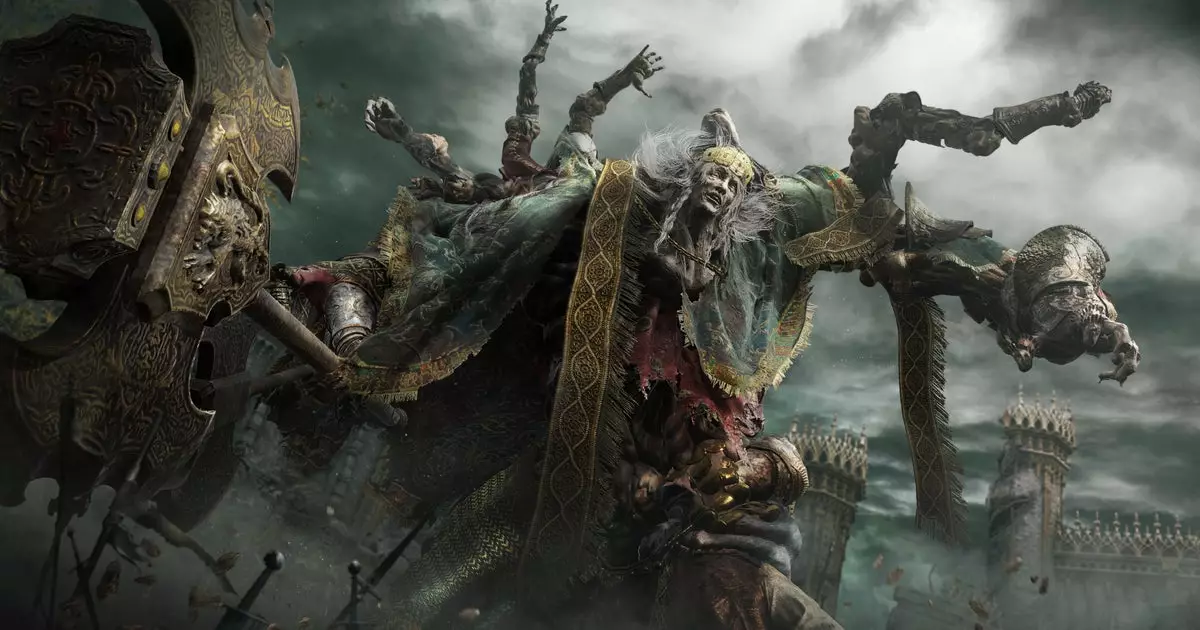In recent years, the gaming industry has witnessed a wave of consolidation, with major corporations making strategic acquisitions to expand their portfolios and bolster their market positions. One of the most significant developments has emerged with Sony exploring the potential acquisition of Kadokawa, the esteemed parent company behind From Software, renowned for critically acclaimed titles like “Elden Ring.” This prospective deal not only represents a tantalizing opportunity for Sony but also raises questions about the future trajectory of the gaming landscape.
The motivations behind Sony’s interest in Kadokawa are multifaceted. On one hand, Kadokawa’s extensive library of intellectual properties—including an impressive array of manga and anime—poses an attractive asset for a company that aims to deepen its cultural footprint. Titles associated with Kadokawa are not merely games; they possess rich narratives and character-driven experiences that are valuable in an increasingly storytelling-centric gaming environment. On the other hand, Kadokawa’s game development studios, including From Software and Spike Chunsoft, signify a wealth of successful franchises, such as the “Dark Souls” and “Danganronpa” series, which could drive substantial revenue and bolster Sony’s existing gaming offerings.
Acquiring Kadokawa could allow Sony unprecedented control over several high-profile game franchises, paving the way for exclusive releases that could ignite further interest in PlayStation consoles. Such exclusivity, however, presents a double-edged sword; while it could attract dedicated gamers and potentially heighten console sales, it might also alienate the rapidly growing community of PC gamers, who have enjoyed an expanding selection of titles from Sony in recent years. The trend toward time-limited exclusives is becoming increasingly prevalent, whereby games are initially available only on a specific platform before being released on others. Thus, while Sony could decide to keep future “Souls” titles exclusive to PlayStation, it could also opt for a strategy that maximizes profit through broader accessibility.
It’s worth noting that Kadokawa suffered a significant setback earlier this year with a ransomware attack that tested its resilience. As they navigate the recovery process, it’s critical for the company to leverage its remaining human resources—particularly with 26 game projects reportedly in development. The integration of these projects into Sony’s broader corporate ecosystem could yield innovative gameplay experiences and crossover IP opportunities. However, it’s also a considerable responsibility, as the pressure to meet heightened expectations from a major corporate parent may intensify.
As the discussions between Sony and Kadokawa unfold, industry stakeholders and gamers alike are keen to see how this prospective acquisition will shape the future of their beloved franchises. Sony’s approach to these potential acquisitions showcases a clear ambition to dominate the gaming market, but it also emphasizes a growing concern about the increasing consolidation of the industry, where fewer entities hold control over an ever-expanding range of popular intellectual properties. In a space where creativity often thrives on diversity, one must ponder whether such centralization will satiate gamers’ desires or stifle the very innovation that the industry champions. With the future of gaming hanging in the balance, the stakes couldn’t be higher.


Leave a Reply